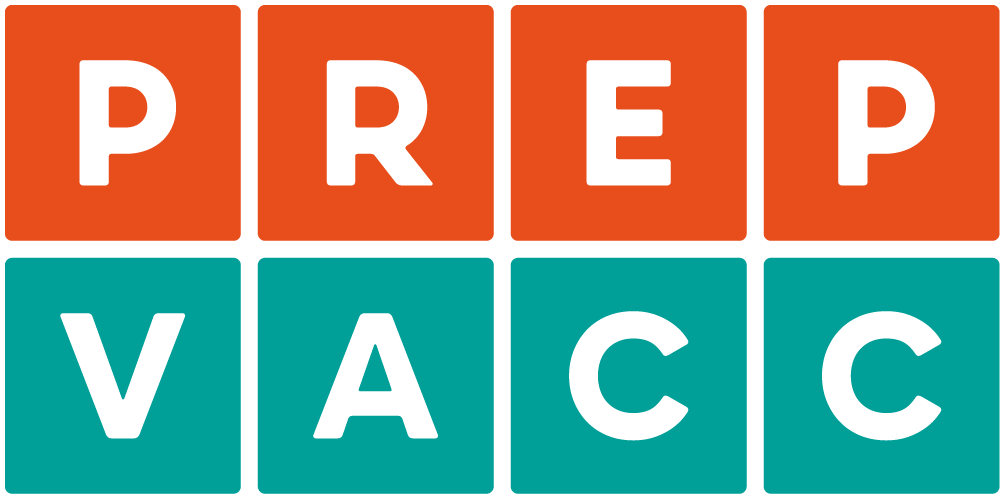HIV R4P Virtual: Community engagement and volunteer recruitment experiences in a HIV vaccine preparedness study in Masaka, Uganda
Sylvia Masawi, MRC/UVRI and LSHTM Uganda Research Unit
Sylvia is a Community Liaison Officer at MRC/UVRI & LSHTM Uganda Research Unit based at the Masaka Field Station. She coordinates and implements community engagement activities at the Unit for different studies and has spearheaded stakeholder engagement activities for the Microbicide trials (The Ring and DREAM) studies and disseminated results to all the stakeholders. She previously worked as the head of Community Engagement in the successful Partners’ PrEP trial among sero-discordant couples in Eastern Uganda.
Sylvia’s role in the PrEPVacc trial is to support in the coordination of activities to enhance recruitment and retention of the high risk individuals.
Sylvia’s paper is published at the conference HIV R4P Virtual, taking place between 27 January and 5 February 2021. Below she shares a Q&A on the key findings from her research, which is based on the PrEPVacc study:
What is the main message of your presentation?
Engaging with community stakeholders is essential to successfully identify and recruit target populations for HIV prevention studies.
What evidence did you gather and what insights have you drawn from it?
By mobilising the community through meetings we gained support that helped us to identify the sex work hotspots and fishing villages that could be used as recruitment sites to reach at-risk individuals.
Subsequently, the Masaka site was able to offer community-based HIV counselling and testing (CBHCT) to 8,762 individuals: 8,387 (96%) tested HIV-negative and of these, 687 were referred for screening for the PrEPVacc Registration Cohort and 441 (63%) were enrolled over a period of about one and half years.
Were the findings expected?
Yes, the MRC/UVRI site at Masaka has a strong partnership with stakeholders at district and community level. Various community members are routinely mobilised and engaged through bodies such as the Community Advisory Board (CAB), village health teams (VHTs), local council leaders and peer educators before, during and after a study is conducted.
This level of long term collaboration has enabled the recruitment and retention of volunteers at risk of HIV acquisition for various studies at the site over the years.
What will you do next?
During the COVID-19 pandemic, we would like to engage with stakeholders to find out their suggestions on how best we can identify more at-risk populations.
Who would you like to thank?
We would like to acknowledge the following groups of people: Study participants, Community Advisory Board (CAB), Study community, and staff at MRC/UVRI and LSHTM Uganda Research Unit.

